Developmental delay
Recent articles
New organoid atlas unveils four neurodevelopmental signatures
The comprehensive resource details data on microcephaly, polymicrogyria, epilepsy and intellectual disability from 352 people.

New organoid atlas unveils four neurodevelopmental signatures
The comprehensive resource details data on microcephaly, polymicrogyria, epilepsy and intellectual disability from 352 people.
Cell ‘antennae’ link autism, congenital heart disease
Variants in genes tied to both conditions derail the formation of cilia, the tiny hair-like structure found on almost every cell in the body, a new study finds.
Cell ‘antennae’ link autism, congenital heart disease
Variants in genes tied to both conditions derail the formation of cilia, the tiny hair-like structure found on almost every cell in the body, a new study finds.
Four autism subtypes map onto distinct genes, traits
An analysis of more than 5,000 autistic children and their siblings underscores the idea that autism can be understood as multiple conditions with distinct trajectories.
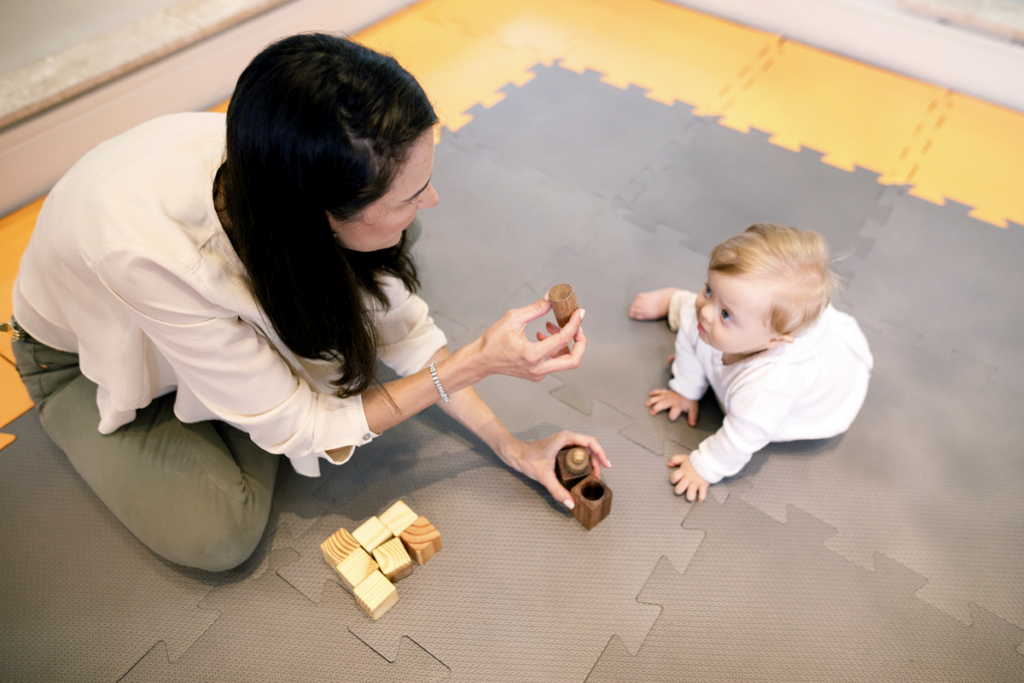
Four autism subtypes map onto distinct genes, traits
An analysis of more than 5,000 autistic children and their siblings underscores the idea that autism can be understood as multiple conditions with distinct trajectories.
A new look at walking in early childhood: Q&A with Rujuta Wilson
Quantifying toddlers’ gaits promises to improve autism diagnosis and intervention.

A new look at walking in early childhood: Q&A with Rujuta Wilson
Quantifying toddlers’ gaits promises to improve autism diagnosis and intervention.
High prevalence of developmental delay strains Australia’s support systems
The nation needs to build capacity to support the roughly 20 percent of children in Australia who have developmental delay.
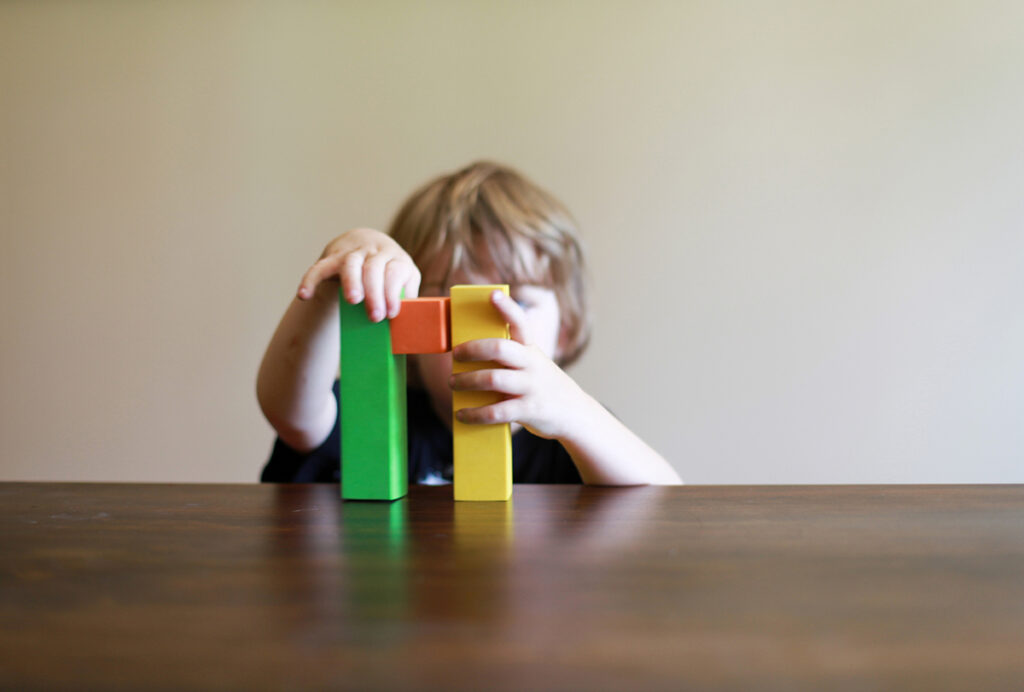
High prevalence of developmental delay strains Australia’s support systems
The nation needs to build capacity to support the roughly 20 percent of children in Australia who have developmental delay.
Emotion dysregulation in autism with Carla Mazefsky
The director of the University of Pittsburgh’s Autism Center of Excellence talks about her new work investigating suicidality in autistic adults.
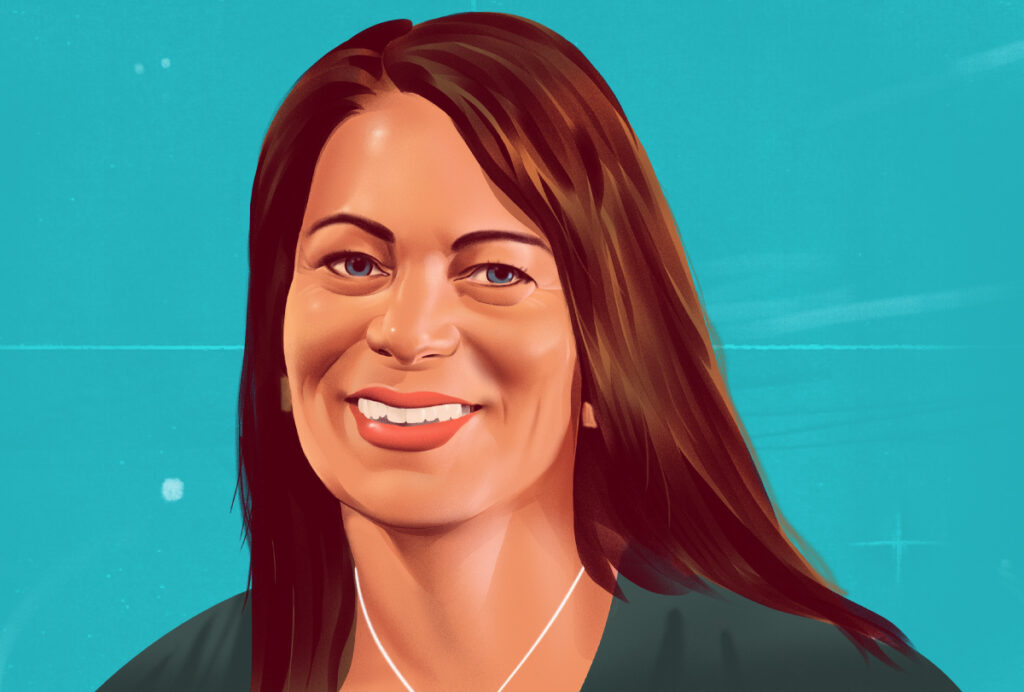
Emotion dysregulation in autism with Carla Mazefsky
The director of the University of Pittsburgh’s Autism Center of Excellence talks about her new work investigating suicidality in autistic adults.
Change of heart and mind: Autism’s ties to cardiac defects
Children with congenital heart disease have an increased likelihood of autism. Why?
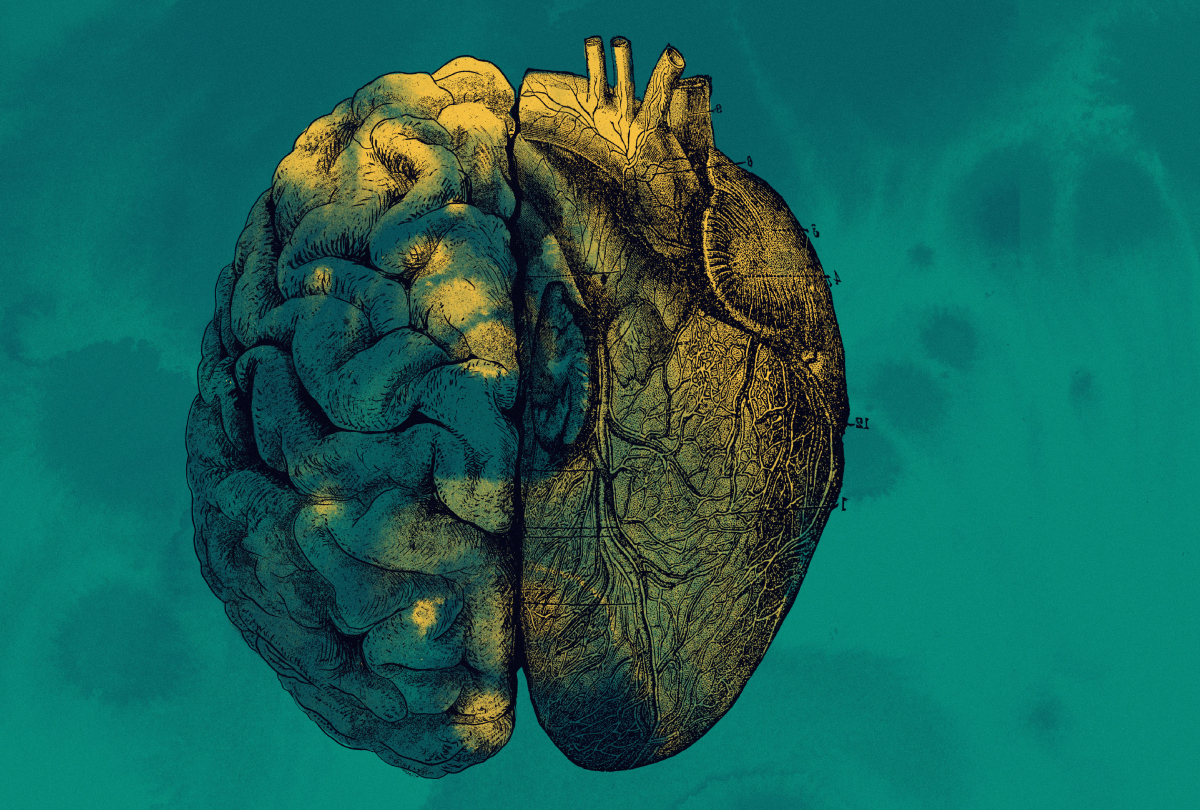
Change of heart and mind: Autism’s ties to cardiac defects
Children with congenital heart disease have an increased likelihood of autism. Why?
Medley of models reveals misbehaving pathways in autism-linked condition
The largest analysis of human samples to date, plus work in mice and zebrafish, detail the gene KMT5B’s role in brain development.
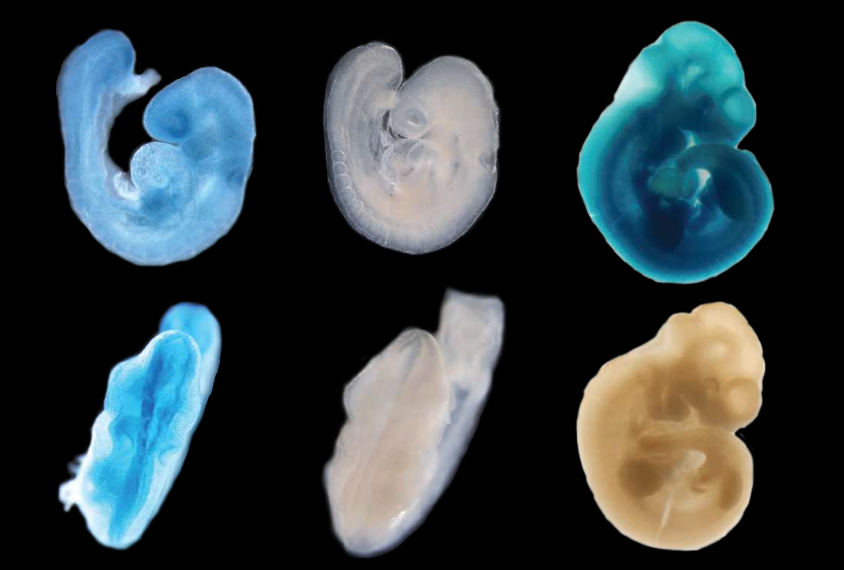
Medley of models reveals misbehaving pathways in autism-linked condition
The largest analysis of human samples to date, plus work in mice and zebrafish, detail the gene KMT5B’s role in brain development.
African genetics study NeuroDev shares initial findings
The most comprehensive study of neurodevelopmental conditions in Kenya and South Africa ever conducted shares preliminary results and lessons.
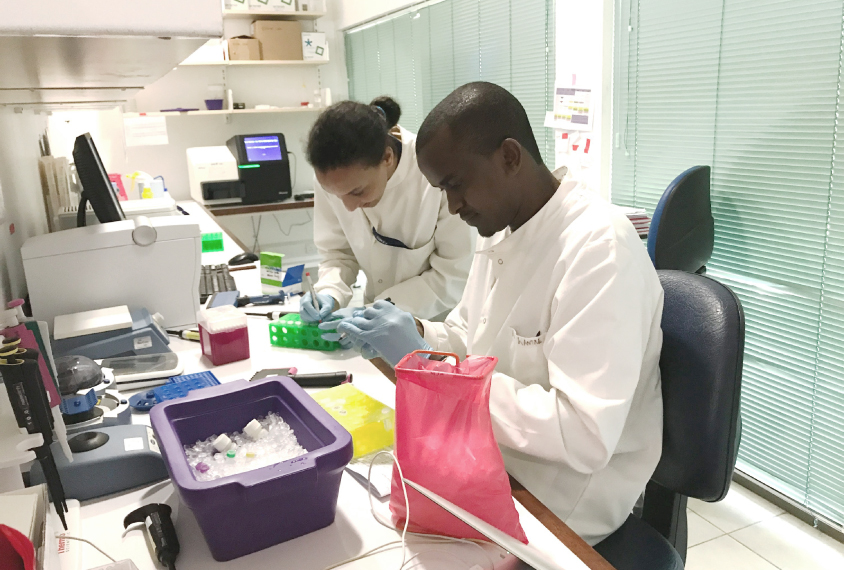
African genetics study NeuroDev shares initial findings
The most comprehensive study of neurodevelopmental conditions in Kenya and South Africa ever conducted shares preliminary results and lessons.
What developmental milestones say about autism research: A conversation with Susan Kuo and Elise Robinson
Shifts in diagnostic criteria have only added to the condition’s bedeviling heterogeneity, an analysis of smiling, sitting, walking and other early milestones in more than 17,000 autistic children reveals.
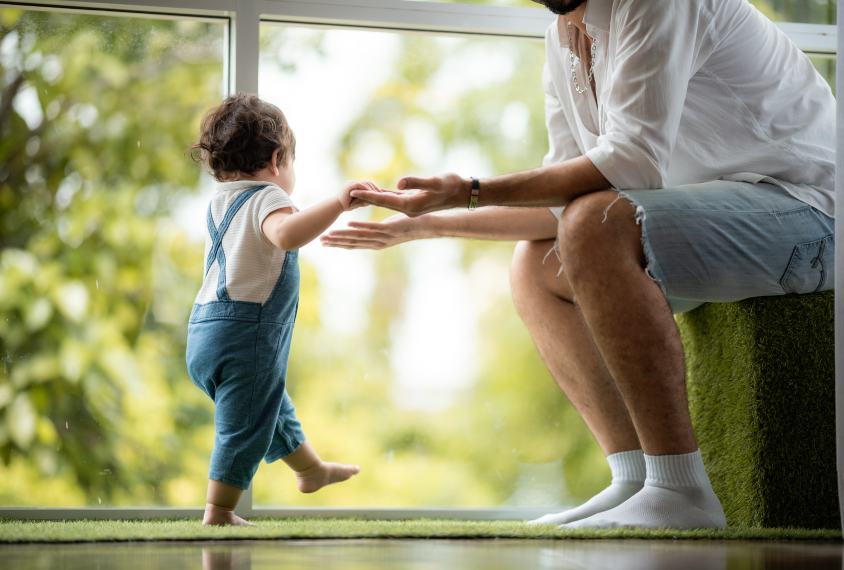
What developmental milestones say about autism research: A conversation with Susan Kuo and Elise Robinson
Shifts in diagnostic criteria have only added to the condition’s bedeviling heterogeneity, an analysis of smiling, sitting, walking and other early milestones in more than 17,000 autistic children reveals.
Explore more from The Transmitter
Frameshift: Raphe Bernier followed his heart out of academia, then made his way back again
After a clinical research career, an interlude at Apple and four months in early retirement, Raphe Bernier found joy in teaching.

Frameshift: Raphe Bernier followed his heart out of academia, then made his way back again
After a clinical research career, an interlude at Apple and four months in early retirement, Raphe Bernier found joy in teaching.
Organoid study reveals shared brain pathways across autism-linked variants
The genetic variants initially affect brain development in unique ways, but over time they converge on common molecular pathways.

Organoid study reveals shared brain pathways across autism-linked variants
The genetic variants initially affect brain development in unique ways, but over time they converge on common molecular pathways.
Single gene sways caregiving circuits, behavior in male mice
Brain levels of the agouti gene determine whether African striped mice are doting fathers—or infanticidal ones.

Single gene sways caregiving circuits, behavior in male mice
Brain levels of the agouti gene determine whether African striped mice are doting fathers—or infanticidal ones.